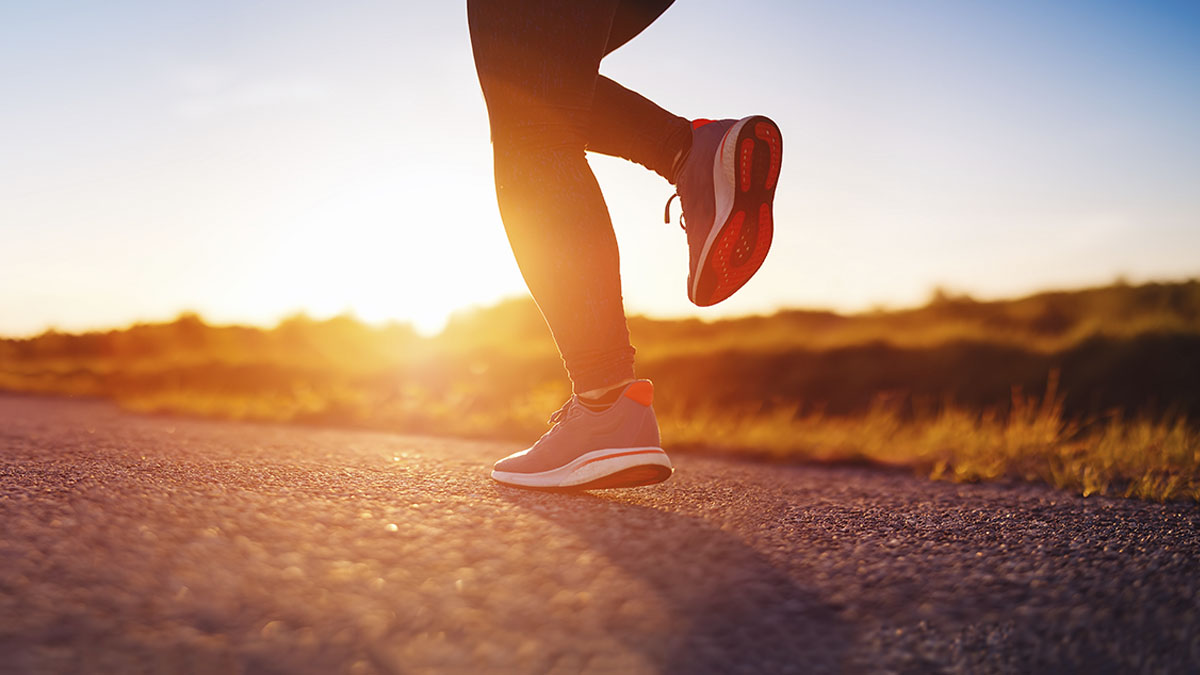In a world filled with the conveniences of modern life, the importance of regular exercise often takes a backseat in our daily routines. Our busy schedules, sedentary jobs, and digital distractions can easily lead to a lifestyle that lacks physical activity. However, it’s essential to recognize that physical fitness plays a crucial role in our overall health and well-being. In this article, we will delve into the significance of regular exercise and how it contributes to a healthier, happier life.
The Physical Fitness Spectrum
Physical fitness encompasses a broad spectrum of activities and abilities, ranging from cardiovascular endurance and muscular strength to flexibility and body composition. Regular exercise is the key to maintaining and improving these components of physical fitness. Here’s how it affects each one:
- Cardiovascular Endurance: Engaging in aerobic exercises such as jogging, swimming, or cycling helps to strengthen your heart and improve its efficiency. Regular cardiovascular exercise lowers the risk of heart disease, reduces blood pressure, and increases your body’s ability to transport and utilize oxygen.
- Muscular Strength and Endurance: Strength training, which involves lifting weights or performing bodyweight exercises, helps build and maintain muscle mass. This not only makes you stronger but also boosts metabolism, aiding in weight management and reducing the risk of injury.
- Flexibility: Activities like yoga and stretching exercises enhance flexibility, allowing for a greater range of motion. Improved flexibility contributes to better posture, reduced muscle tension, and lower risk of musculoskeletal injuries.
- Body Composition: Regular exercise can help regulate body fat and maintain a healthy body weight. It aids in weight loss when combined with a balanced diet and contributes to a toned, well-proportioned physique.
The Benefits of Regular Exercise
- Improved Physical Health: Regular exercise strengthens the immune system, reduces the risk of chronic diseases, and enhances overall physical health. It lowers the chances of developing conditions like diabetes, obesity, and hypertension.
- Mental Well-Being: Exercise is not just about physical health; it has a profound impact on mental well-being as well. Regular physical activity releases endorphins, which are natural mood lifters, reducing stress, anxiety, and symptoms of depression. It also improves sleep quality and cognitive function.
- Increased Energy Levels: Engaging in physical activity increases energy levels and reduces feelings of fatigue. It enhances the efficiency of your cardiovascular and respiratory systems, allowing more oxygen to reach your cells, leading to increased vitality.
- Enhanced Quality of Life: Regular exercise is linked to an increased quality of life as it allows you to perform daily tasks more efficiently and with less effort. It also aids in maintaining independence as you age.
- Longevity: Studies have consistently shown that people who exercise regularly tend to live longer and have a higher quality of life in their later years. Regular physical activity can delay the aging process and improve overall longevity.
Getting Started
Incorporating regular exercise into your life need not be complicated or time-consuming. It’s about finding activities you enjoy and making them a part of your routine. Here are a few tips to get started:
- Start Slow: If you’re new to exercise, begin with light activities and gradually increase intensity and duration.
- Choose Variety: Engage in a mix of cardiovascular, strength, and flexibility exercises to reap the full range of benefits.
- Set Realistic Goals: Define clear and achievable fitness goals, such as running a 5K, losing a certain amount of weight, or improving flexibility.
- Stay Consistent: Consistency is key. Aim for at least 150 minutes of moderate-intensity aerobic exercise or 75 minutes of vigorous-intensity exercise per week, along with strength training activities on two or more days.
Incorporating regular exercise into your lifestyle is not just a choice but a necessity for maintaining good health and well-being. The numerous physical and mental benefits it provides are well worth the effort. So, make a commitment to prioritize your physical fitness, and you’ll be rewarded with a healthier, happier, and more fulfilling life. Remember, it’s never too late to start, and every step you take towards better physical fitness is a step towards a brighter, healthier future.


